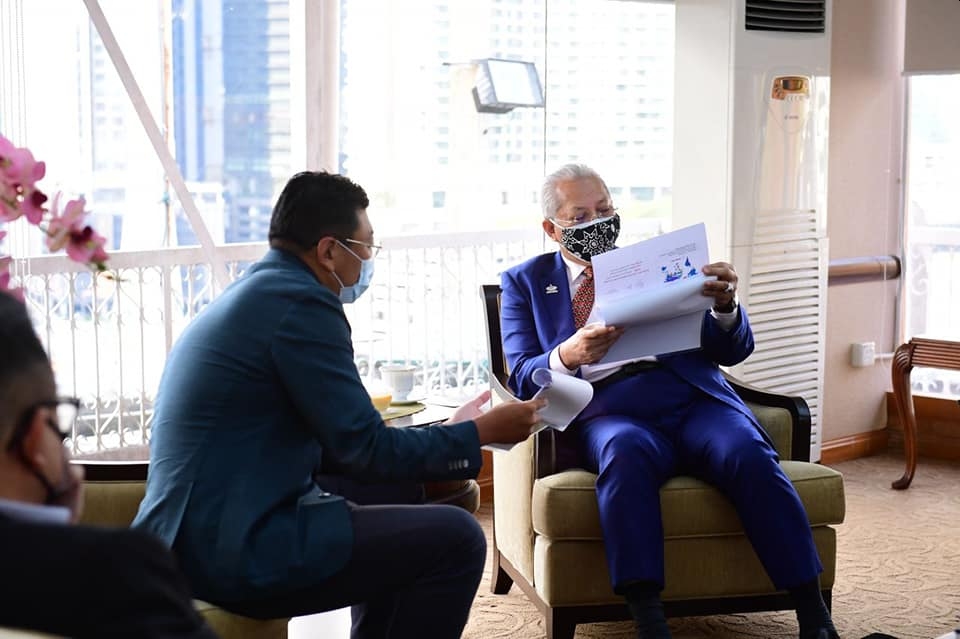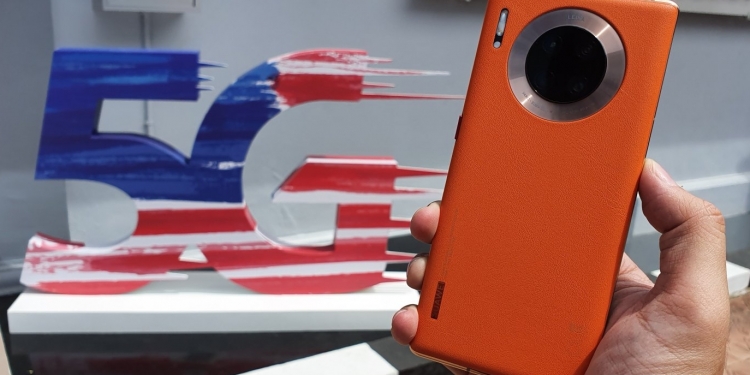Communications and Multimedia Minister Tan Sri Annuar Musa has tweeted that one of his key priorities is to roll out 5G for commercial services. Malaysia currently lags behind other countries when it comes to 5G and there’s a lot of catching up to do.
According to Annuar Musa, Malaysia has to speed up 5G deployment as other ASEAN countries are already ahead of us. He added that Malaysia aims to be ranked among the top 2 in the 5G race within 3 years from now. At the moment, countries such as Singapore, Thailand, the Philippines and Vietnam have already launched 5G services. The latest Speedtest report reveals that Malaysia is also behind other ASEAN countries when it comes to average mobile speeds.
One of my priorities is rolling out 5G for the commercial use. We have to speed up the deployment as other ASEAN countries are ahead of us. Our aim is to be ranked among the top 2 in the 5G race within 3 years from now. We can do it!
— Annuar Musa (@AnnuarMusa) September 27, 2021
Malaysia was previously on track to launch 5G in Q3 2020, however, after the change of government, the Muhyiddin administration decided to prioritise 4G improvements under the JENDELA programme. After putting 5G plans on hold for about a year, the government recently brought back 5G plans on the table in February 2021 by forming a government-led special purpose vehicle to deploy 5G under a single-wholesale network (SWN). This single entity is now known as Digital Nasional Berhad (DNB) which will own and manage the network, while other telcos will gain equal access to 5G through a wholesale agreement.
DNB which is led by former Astro and Maxis executive, Ralph Marshal, has appointed Ericsson as their 5G vendor. It aims to launch 5G services by the end of this year with initial coverage in Kuala Lumpur, Putrajaya and Cyberjaya.
The government’s decision to build a national 5G network instead of allocating 5G spectrum directly to telcos had caught everyone by surprise. GSMA Intelligence even released a paper to raise concerns about DNB as the sole 5G wholesale network in Malaysia. The report highlighted that Kenya, Russia and South Africa have abandoned similar projects while SWN that are still live today have all experienced difficulties. Under the current arrangement, only DNB will be assigned the 700MHz, 3.5GHz and 28GHz spectrum for 5G use.

Annuar appears to have taken note of the concerns on DNB and its potential risks for 5G rollout. He assured in this tweet that his ministry will look into the matter thoroughly based on the case studies and suggestions raised by DT Economics to minimise potential risks.
The Minister has also shared on Facebook that he has met with Huawei Malaysia CEO Michael Yuan to discuss the modernisation of Malaysia’s ICT infrastructure to support cloud computing and Malaysia’s 5G deployment. With about 3 months left in 2021, it is yet to be seen if the current Ismail Sabri’s administration will change its approach for 5G deployment.
Under the previous Pakatan Harapan administration, the 5G spectrum was also planned to be awarded to a single entity but to a consortium consisting of private telcos. A private-led consortium was said to be an efficient way to deploy 5G as the private sector can reduce cost, reduce duplication and speed up deployment. On top of that, telcos would be able to use the 700MHz spectrum for both 4G and 5G services through Dynamic Spectrum Sharing.








